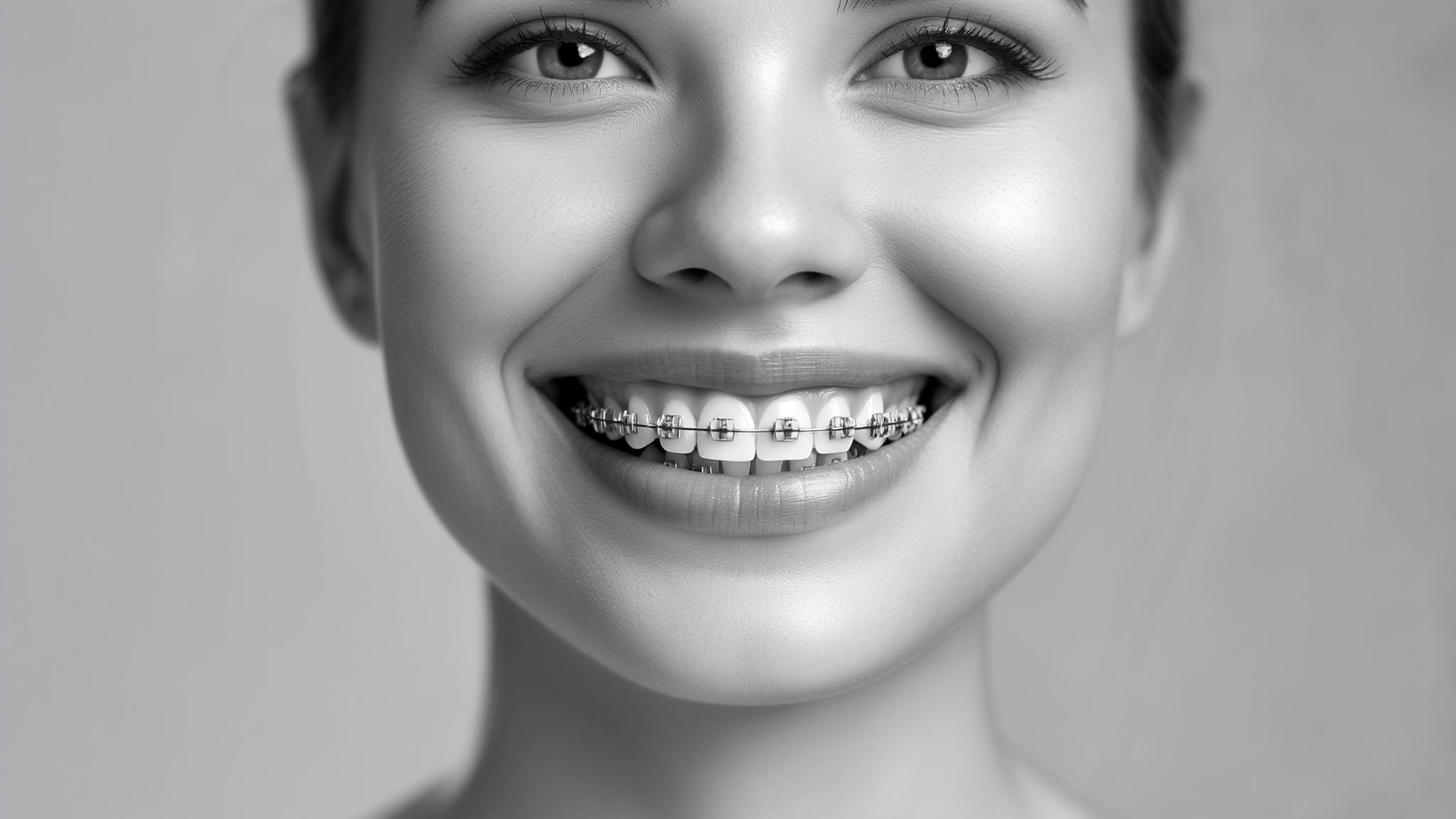Orthodontics: Beyond Just a Beautiful Smile
When most people hear the term orthodontics, they picture teenagers with metal braces flashing awkward smiles. While it's true that orthodontics often focuses on improving the appearance of teeth, its benefits extend far beyond aesthetics. Orthodontics plays a crucial role in enhancing oral health, which in turn can positively impact overall health. Let's delve into how orthodontic treatments can be a game-changer for your health.
Understanding Orthodontics
Orthodontics is a specialized branch of dentistry that focuses on diagnosing, preventing, and treating dental and facial irregularities. Orthodontic treatment involves the use of various appliances to correct misaligned teeth and jaws. These appliances include traditional metal braces, clear aligners like Invisalign, and other devices such as retainers and expanders.
Types of Orthodontic Appliances
- Braces: These are the most common type of orthodontic appliance. They consist of brackets bonded to the teeth and connected by wires.
- Aligners: Clear, removable trays that gradually shift teeth into place. They are popular for their discreet appearance.
The duration of orthodontic treatment varies depending on the complexity of the case, but it generally ranges from one to three years. The process involves regular adjustments to guide the teeth into their desired positions.
Common Orthodontic Issues Addressed
Orthodontics addresses several dental issues, including:
- Malocclusion: Misalignment of the teeth when the jaws are closed, such as overbites, underbites, and crossbites.
- Crowding and Spacing: Too many teeth for the dental ridge to accommodate or gaps between teeth.
- Alignment Problems: Issues with the positioning of teeth that can affect oral function and aesthetics.
Health Benefits of Orthodontic Treatment
Beyond creating a straight smile, orthodontic treatment offers numerous health benefits.
Improved Oral Hygiene
Properly aligned teeth are easier to clean. With fewer nooks and crannies, brushing and flossing become more effective, reducing plaque accumulation. This leads to a decreased risk of cavities and gum disease, promoting healthier teeth and gums.
Enhanced Functionality
Orthodontics improves how your teeth and jaws function together. This can enhance chewing efficiency, making it easier to digest food properly. Additionally, it can improve speech clarity and reduce jaw strain and discomfort, leading to a more comfortable bite.
Prevention of Dental Issues
Correcting alignment issues can prevent excessive tooth wear and tear, which can lead to sensitivity and other problems. It also reduces the risk of developing temporomandibular joint (TMJ) disorders and lowers the likelihood of tooth loss due to improper bite forces.
Positive Impact on Overall Health
Good oral health is closely linked to overall health. Studies have shown that oral health can affect systemic health, with potential reductions in risks for cardiovascular diseases. Maintaining oral health is also crucial for managing conditions like diabetes, as it helps control blood sugar levels.
Psychological and Social Benefits
The benefits of orthodontics extend to psychological and social realms as well. A beautiful smile can significantly boost self-esteem and confidence, improving social interactions and relationships. Over the long term, these positive changes can contribute to better psychological health and well-being.
Conclusion
Orthodontics offers a host of benefits that go well beyond aesthetics. From improving oral hygiene and functionality to preventing dental issues and enhancing overall health, the impact of orthodontic treatment is profound. If you're considering orthodontic treatment, remember that it's not just about achieving a perfect smile—it's about enhancing your health and quality of life. Regular dental check-ups and consultations with orthodontic specialists can help you determine the best course of action for your needs.

